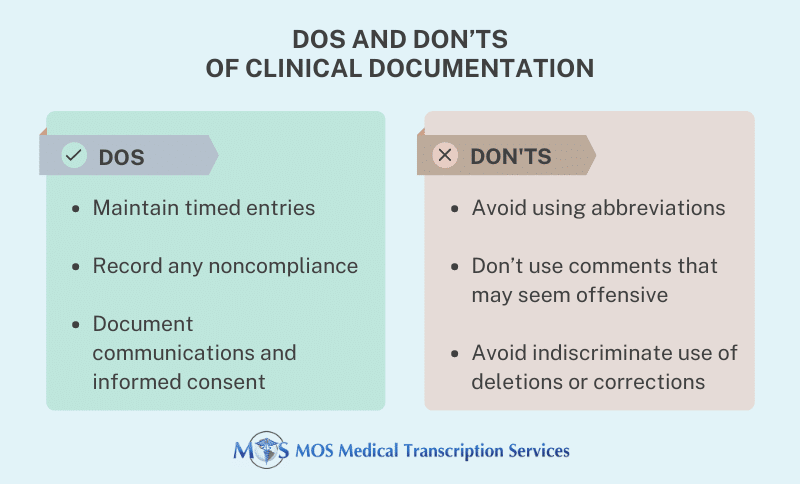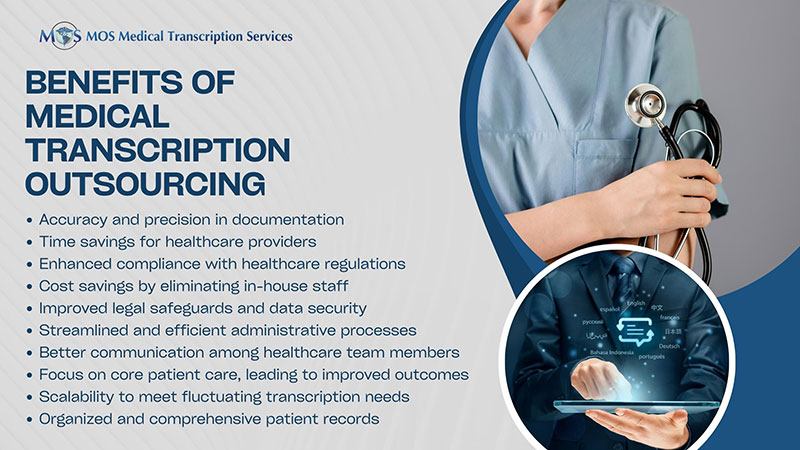 Well-maintained clinical records are critical for practices to deliver quality healthcare, to maintain continuity of care, and to share information among different healthcare providers. Medical records must be accurate, and written in a professional manner. Records should also include diverse components including history, patient examination, differential diagnosis, treatment, follow-up, and progress.
Well-maintained clinical records are critical for practices to deliver quality healthcare, to maintain continuity of care, and to share information among different healthcare providers. Medical records must be accurate, and written in a professional manner. Records should also include diverse components including history, patient examination, differential diagnosis, treatment, follow-up, and progress.
All the entries in the record must be legible, complete, timed, and should have a dated signature. For error-free documentation, it is better to make entries as soon as possible after the event before the relevant staff member goes off duty. Any delays should also be documented, including the time of the event and reasons for the delay. Physicians rely on medical transcription outsourcing to maintain a permanent account of a patient’s medical history and other care details.
Clinical Documentation: Dos and Don’ts

Poor quality documentation could result in adverse consequences for the physician as well as the patient such as, it can mislead healthcare professionals and patients, lead to wrong medical decisions, increase medico-legal issues, and even compromise patient care. Keeping quality documentation safe is also critical. While partnering with a HIPAA-compliant medical transcription company, practices must ensure the privacy and security of patient data to meet HIPAA requirements.


